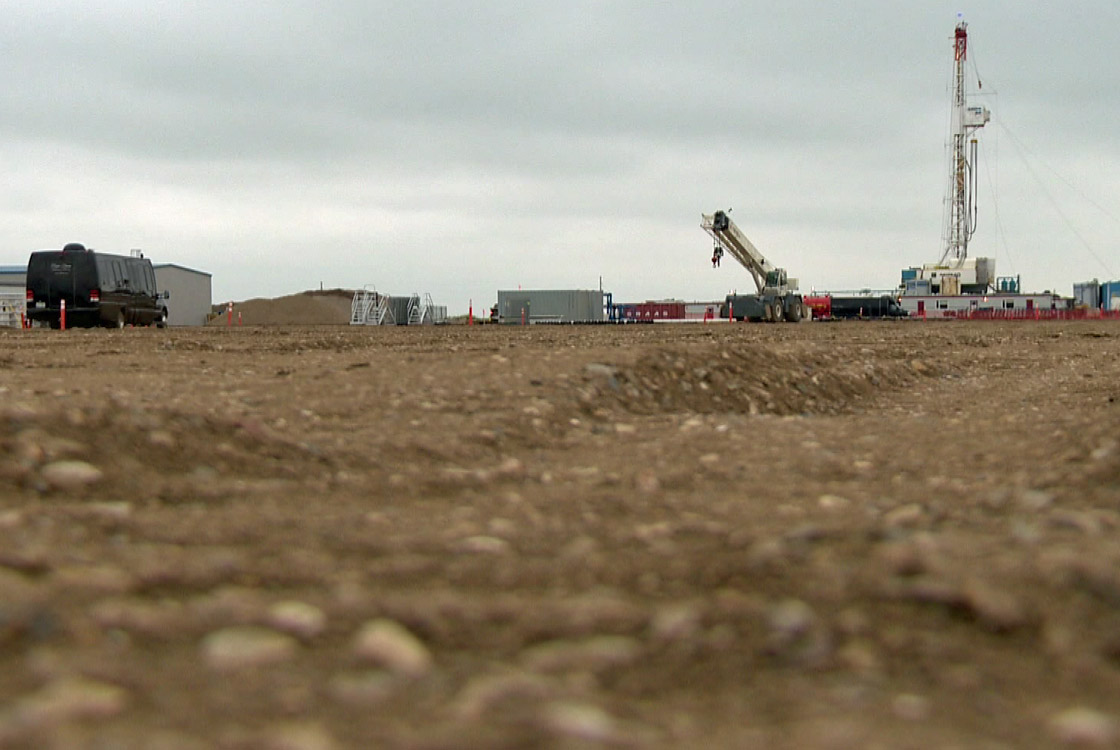The Natural Sciences and Engineering Research Council (NSERC) has awarded a University of Saskatchewan (U of S) soil researcher $1.65 million over six years to train scientists in sustainable remediation of fertilizer sites.

“Fertilizer is key to a safe and sustainable food supply,” U of S professor Steven Siciliano said in a press release.
“However, the incidental release of fertilizers during distribution can cause environmental damage.”
According to Siciliano, major changes in recent years to environment regulations require companies to clean up the sites because the high concentrations of fertilizer can pollute groundwater.
However, remediation costs can often surpass $1 million per location which far exceed the property value of bulk fertilizer plants.
Siciliano has assembled a team of 10 academic and industry experts for the Sustainable Applied Fertilizer Environment Remediation (SAFER) graduate training program.

Get daily National news
“The program will focus on ways to minimize the damage, restore ecosystems adversely impacted during fertilizer distribution and develop cost-effective methods of remediation,” Siciliano said.
“The goal of SAFER is to integrate training with addressing the scientific and practical challenges of remediation and help students transition into research and industry careers.”
- ‘A normal thing now’: Canadian family says extortion gang is preying on them
- New citizenship rules now in effect for ‘Lost Canadians.’ What to know
- 3 kids die from influenza A-related complications since start of December in Ontario
- Canada’s grocery code of conduct is coming in 2026. What it means for you
SAFER will train 29 master’s and 13 PhD students in collaboration with the European Union’s International Masters in Applied Ecology (IMEA) program.
Students from Western Canada will learn in France and Portugal before returning to apply their knowledge at home, while European students will have the chance to work at Canadian universities and private sector companies.
“The SAFER program will develop the interdisciplinary skills practitioners need for the management of soil, water and air impacts related to fertilizer storage, handling and application,” Patrick Campbell, Amec Foster Wheeler senior associate environmental scientist, said in a press release.
“As a partner to the agro-chemical industry in this important program, we are committed to advancing the state of the practice for environmentally sustainable fertilizer management.”
The Canadian component of the program includes collaboration among researchers from four universities as well as private-sector companies Amec FW, Federated Co-operatives Limited, United Farmers of Alberta and CHS Inc.
Siciliano, who holds a PhD in toxicology from the U of S, has been appointed the NSERC/Co-op Industrial Research Chair in In-situ Remediation and Risk Assessment.






Comments